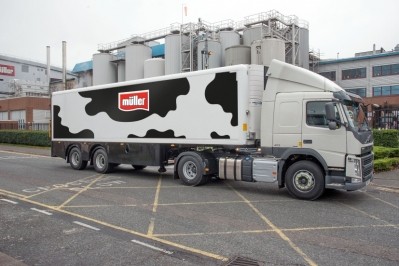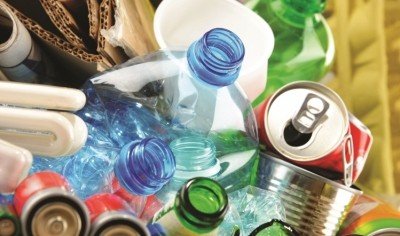Food processors face environmental permit probe

The EA has confirmed its aim to review the companies’ 52 site permits, covering territory from North Yorkshire to the Isle of Wight, almost all of which are held by food processors. Its assessments will account for protected site designations and special consideration will be given to sensitive nearby watercourses such as chalk rivers.
Businesses under review supply a wide variety of foods, from fresh produce and vegetable processing to fruit juice, grain and cheese.
Investigations into the 52 sites follow action taken by the EA with Bakkavor based on the levels of pesticides – neonicotinoids – the EA found it had discharged into the Upper Itchen twice from its Alresford factory.
A spokesman for Bakkavor said: “This was not a common occurrence and a full investigation was undertaken and remedial action carried out which the Environment Agency was made fully aware of.”
Salmon and Trout Conservation
The Upper Itchen is identified as a chalk river. The EA was alerted to the presence of pesticides in the river by Salmon and Trout Conservation (S&TC), which worked with local residents to collect samples.
A spokesman for the EA said: “We will take tough action against any company or individual who causes significant pollution and damage to the environment.
“We have already taken direct action with Bakkavor and learnings from this work are being incorporated into our approach with other companies we regulate. This includes assessing risks at other sites and prioritising the most sensitive locations.”
Any of the 52 businesses found to be causing pollution above levels allowed by their environmental permit could face unlimited fines, said Lyn Dario, partner at Tyr Law.
However, Dario said policing such pollution of watercourses was fraught with difficulties, not the least of which was the EA’s lack of resources to do so.
More rigorous regime needed
“If the pollution creates a visible change, then the EA might find that a member of the public reports it, and there is a chance to investigate,” she explained. “Absent that, it would need a much more rigorous regime of routine sampling to change the behaviour of those carrying out the polluting activities.
“The EA would also have to be able to link the pollutant back to a specific culprit and if so, did any inspector ever look at those records when carrying out inspections?”
Dario cited environmental publication ENDS Report’s coverage of a freedom of information request ST&C made to the EA about inspection visits to farms. S&TC was told that on 2018/19, there were 403 EA visits out of 106,000 farms. By its calculation based on those figures, a farmer would therefore only receive a visit from the EA once every 263 years.
“The EA would, I think, maintain that it simply does not have the resources to proactively monitor rivers,” said Dario. “Even if the EA were to sample every river monthly, the reality is that this could easily miss a transient or intermittent pollution incident. When taken with the points above, it would not be unreasonable to conclude that water pollution is occurring which the EA simply isn’t able to police.
Criminal offence
“Causing or knowingly permitting a water discharge without a permit, or in breach of a permit, is a criminal offence. Deliberately discharging would be classed as particularly serious and warranting a greater penalty.
However, Food Manufacture understands that breaching permits is common and the EA has a variety of tools available to achieve compliance, from civil sanctions to imprisonment. Revoking a permit is a serious step.
The regulatory response is dictated by the EA enforcement and sanctions policy, covering damage to the environment, the number and severity of breaches and warnings given.















